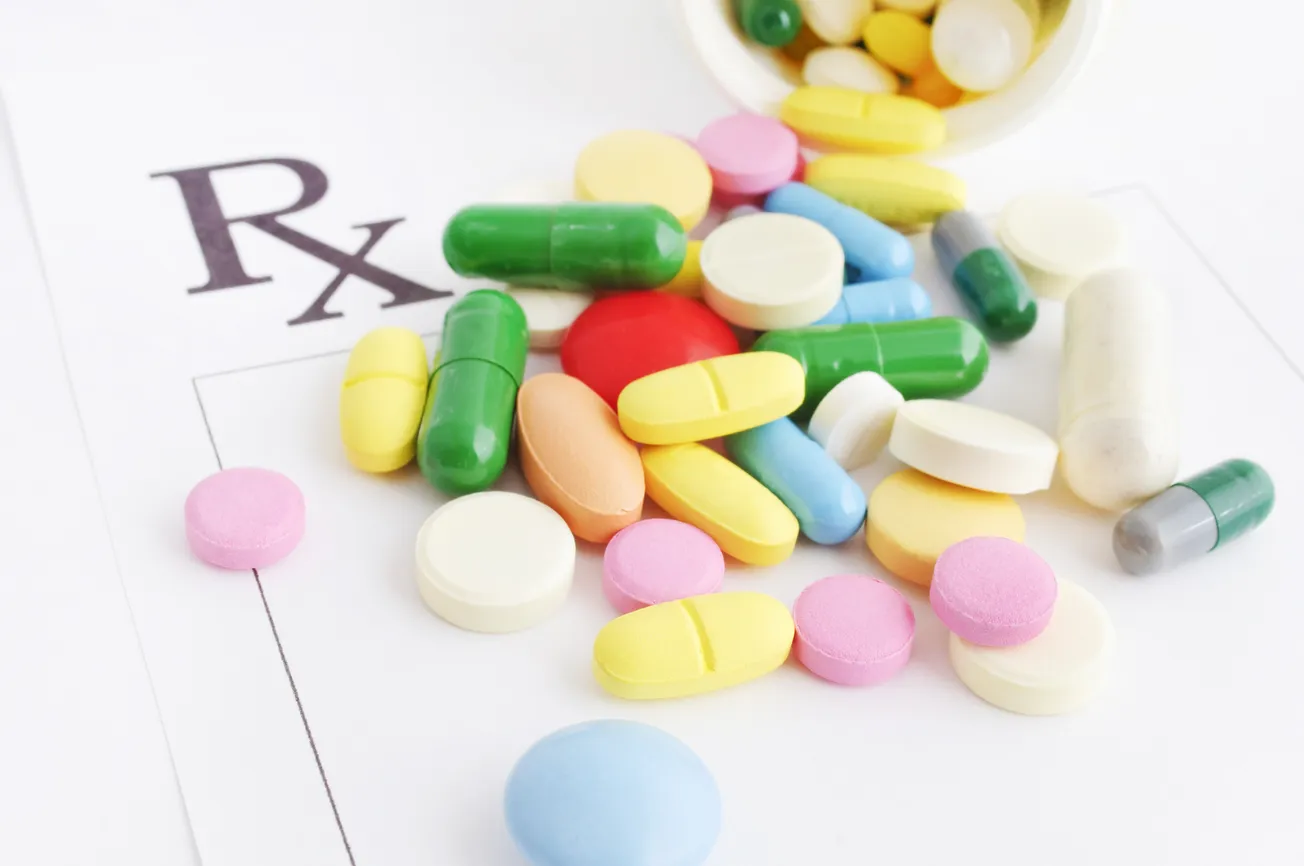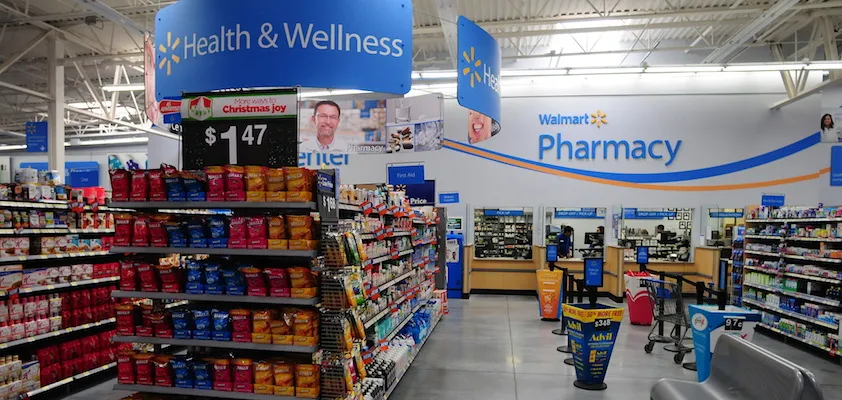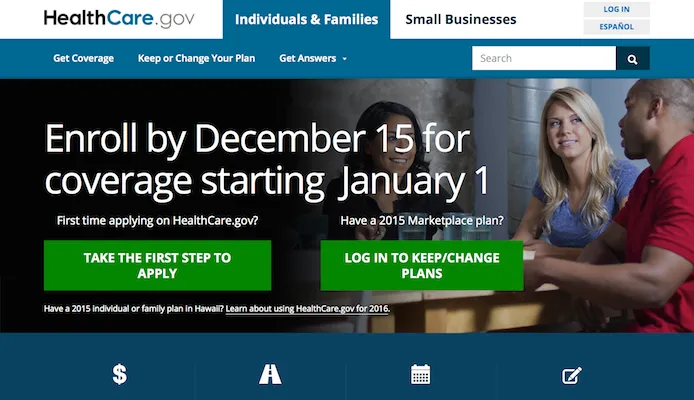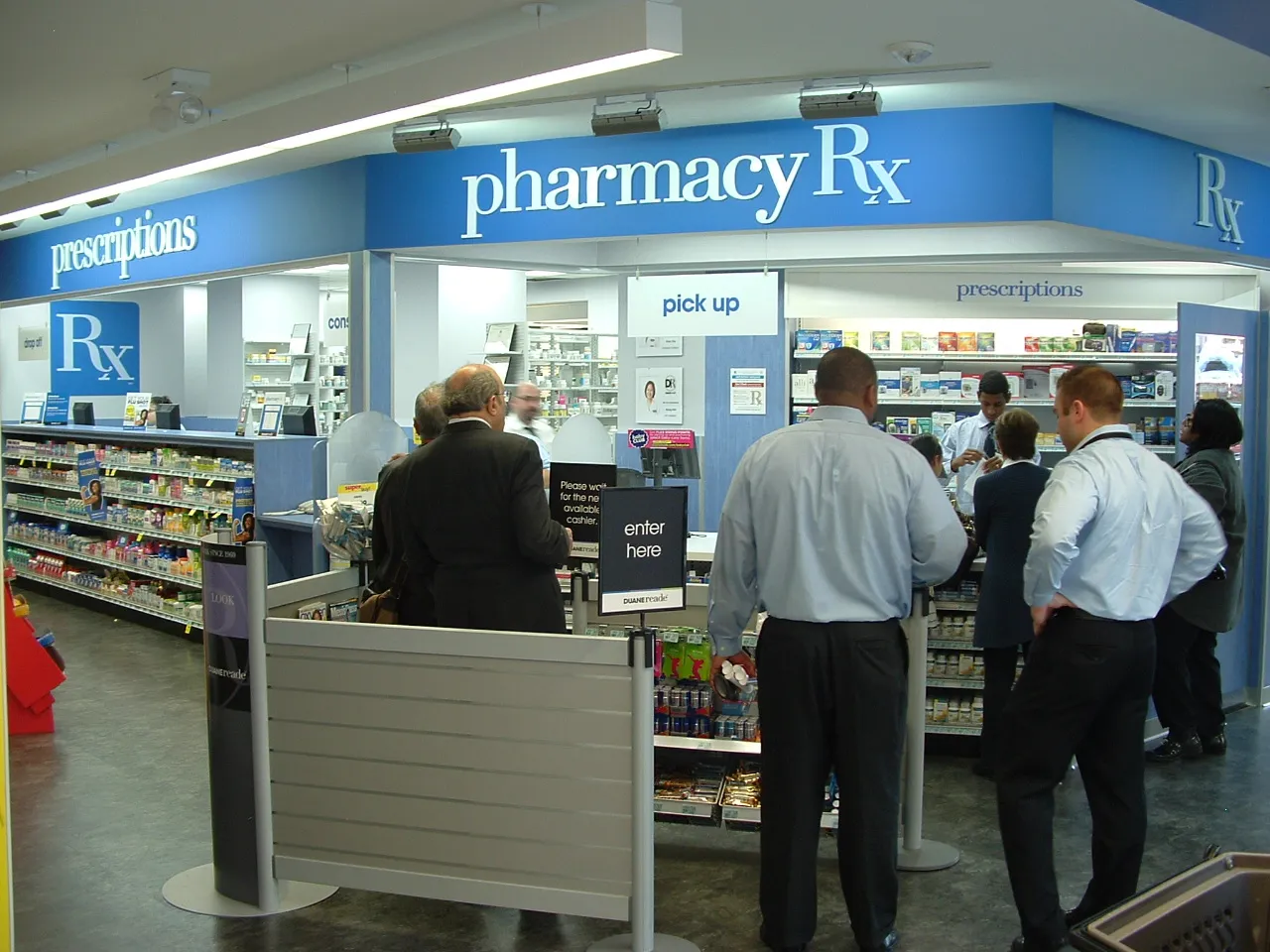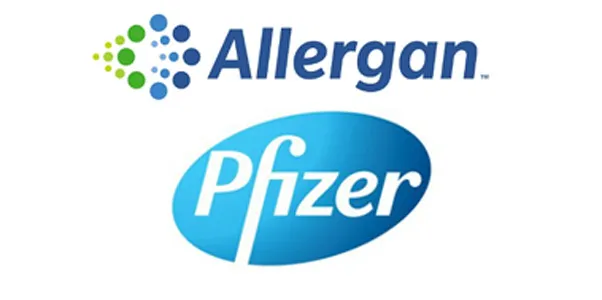WASHINGTON — The federal government is looking into the effect of generic drug price increases on Medicaid.
The Office of the Inspector General of the Department of Health and Human Services (HHS) will compare generic price increases between 2005 and 2014 to the inflation rate. The probe comes in response to questions raised about generics pricing by Sen. Bernie Sanders (I.,Vt.) and Rep. Elijah Cummings (D., Md.).
“It is unacceptable that Americans pay, by far, the highest prices in the world for prescription drugs,” said Sanders. “Generic drugs were meant to help make medications affordable for millions of Americans who rely on prescriptions to manage their health needs. We’ve got to get to the bottom of these enormous price increases.”
Sanders and Cummings sought government intervention after failing to obtain pricing data from generic drug makers. They have introduced legislation requiring generics manufacturers to rebate state Medicaid programs for price increases exceeding the inflation rate. Under current law, only branded drug companies are required to pay such remuneration.
According to Sanders and Cummings, the nonpartisan Congressional Budget Office has estimated that the mandate would save taxpayers $500 million over 10 years. Inspector general Daniel Levinson says the HHS office will study how much Medicaid would have gotten had the requirement been in place over the past decade.
A number of reasons have been given for generic price increases. These include production problems that led some companies to suspend manufacturing, enabling competitors to boost prices.
When the Senate held a hearing on generic pricing in November, Generic Pharmaceutical Association president and chief executive officer Ralph Neas expressed disappointment “at how some have mischaracterized the facts.” He said their data was missing “one crucial element: perspective.”
“In fact, thousands of generics have seen significant price erosion over time due to the competitive nature of the marketplace,” noted Neas, adding that the best way to continue to keep prescription drugs affordable “is to increase competition.”

